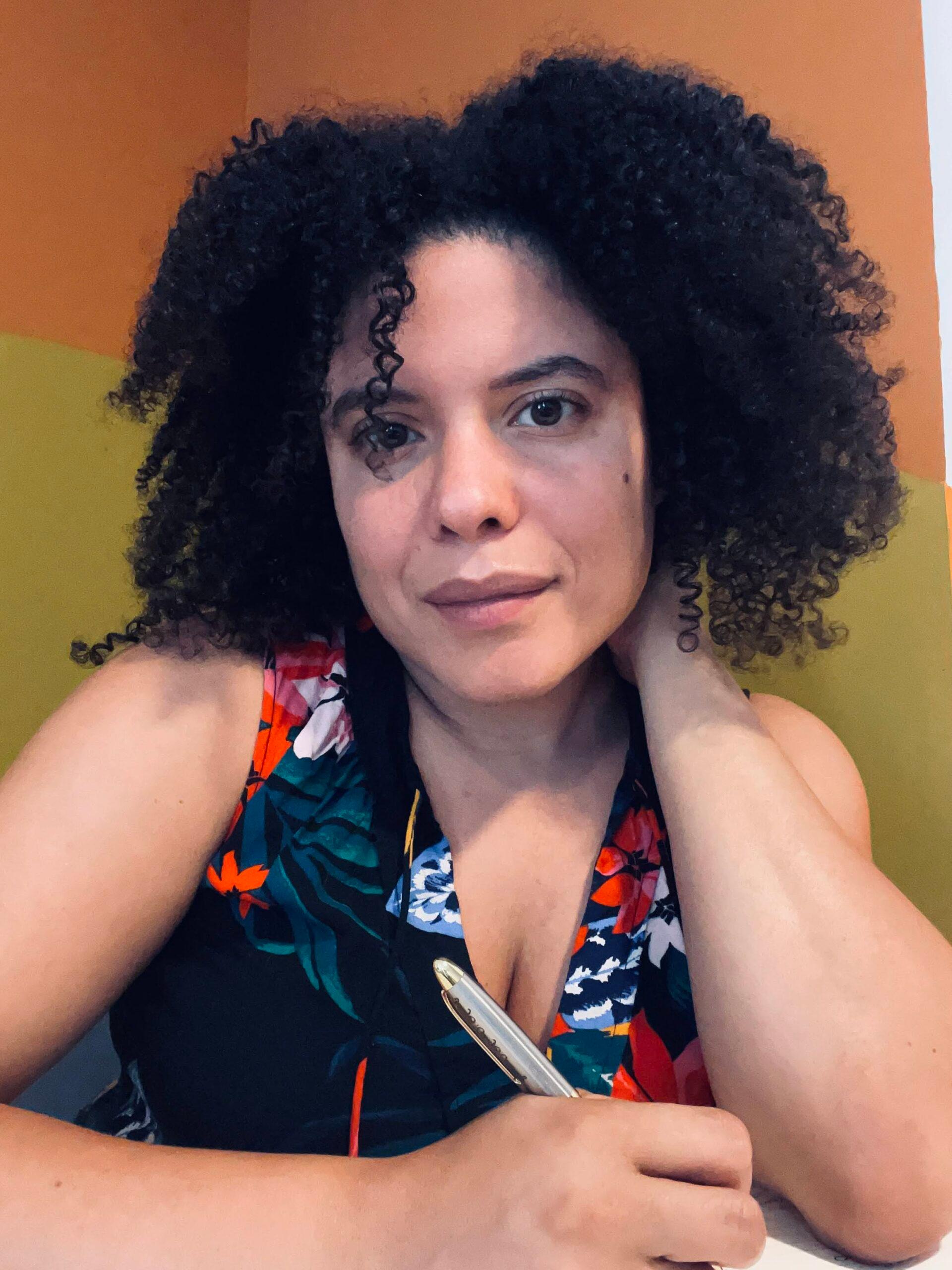5 Lessons From The Citi U: Money Moves – Budgeting In Big City Event

A psychologist, an attorney, and a wealth advisor walk into a bank…and spark an engaging discussion on mindful money management and practical budgeting tips.
That was the scene at the Citi U “Money Moves – Budgeting in a Big City” event on Thursday, Sept. 18, at the newly opened Midtown Citibank Center, a branch designed to blend technology, personalized support, educational programming, and community events into a simplified banking experience.
The panel was moderated by psychologist and financial well-being writer Dr. Juli Fraga, and featured attorney and content creator Cynthia Andrew and Citibank senior wealth advisor Judi Leahy.
In preparation for the event, Citi partnered with Material+ to survey 1,000 residents in high-cost-of-living cities (HCOL) such as New York, Los Angeles, Chicago and Miami. The findings revealed significant paradoxes in how individuals view and manage their finances:
- 72% were confident in their financial decisions, yet 50% felt behind compared to peers.
- 74% believed treating themselves was vital to well-being, but 55% felt guilty afterward.
- 53% felt city life was worth the cost, while 47% felt the financial burden outweighed the benefits.
While money is a top concern for many, there’s still plenty of work to be done when it comes to effective financial management.
After some light refreshments and mingling, the panel shared practical advice for managing money more mindfully.
Here are five key takeaways:

1. Talk About Money Early And Often
Growing up in Cameroon, Cynthia said her family never talked about money. As an adult, she had to teach herself, and is now teaching her kids.
“We take pride in passing down our cultural values,” she said. “So why not include financial awareness as part of what already makes us so good?”
Juli agreed, by saying it’s never too early. She recommended starting early by helping kids understand concepts like savings, investing, and compound interest. She shared a story of a friend who gave her 11-year-old daughter the option: buy an Apple Watch now or save the money and watch it grow.
The girl chose wisely, Juli said, telling her mom, “I’d rather have the money than the Apple Watch.”
Judi said our emotional relationship with money begins early. Conversations around money, especially how we saw it handled, deeply shape our attitudes and the financial decisions we make as adults.
2. Make Your Money Work For You
One crucial question Judi encouraged everyone to ask is: “How is my money working for me?”
There’s no shortage of financial information out there, she said. Understanding how your money is saved, invested, and/or spent is foundational.
“Knowledge is power,” Judi said. “Have a plan.”
A financial plan is like a GPS, Juli said: it helps you stay on track, course-correct, and avoid impulsive decisions.
Cynthia emphasized that success isn’t just about hitting a dollar amount; it’s about stability and flexibility, and so your plan should align with your life goals. If these goals include leaving a financially secure job to pursue a creative path, the panel advised making sure you have a solid cushion and a clear exit plan.
3. Remember Your ‘Why’
Budgeting often feels restricting: skip the latte, stay in, say no to the pricey handbag. But reframing it can make all the difference.
“Instead of focusing on what you’re saying no to, focus on what you’re saying yes to,” Cynthia said.
Maybe the reason you are skipping dinner out this week is because you’re going on vacation next week. When you know your “why,” budgeting becomes about intention, not deprivation.
Your “why” keeps you grounded and motivated. If your plan is meaningful, the sacrifices feel worthwhile.
4. Follow The 50-30-20 Rule
A classic guideline for budgeting is the 50-30-20 rule:
- 50% of your income goes to needs (rent/mortgage, groceries)
- 30% to wants (travel, entertainment)
- 20% to savings or debt repayment
To this last point, Judi emphasized prioritizing high-interest debt like credit cards.
“Clean it up!” she said.
If your student loans have a high interest rate, pay them down. If the rate is low, it might be better to invest while making minimum payments.
Credit cards, the panel noted, are tools, not crutches. Best practice: track spending, pay off the balance in full each month, and take advantage of rewards points.

5. Don’t Fall Prey To The Diderot Effect
Juli recalled the story of Diderot, a French philosopher who, after acquiring a luxurious new robe, suddenly felt his other belongings weren’t up to par. One purchase led to another and then another.
This is known as the Diderot effect: the urge to upgrade everything to match one splurge. A costly habit.
To counteract it, try “psychology shopping” – add items to your cart, but wait some time before buying. The dopamine rush of shopping often comes from the idea of buying, not the purchase itself.
“It’s like writing a scathing email but not sending it,” Judi said.
Cynthia shared her own story about redecorating her home and realizing that a small refresh, rather than a whole redo, was enough.
Ultimately, smart money moves are about mindset, not just math.






